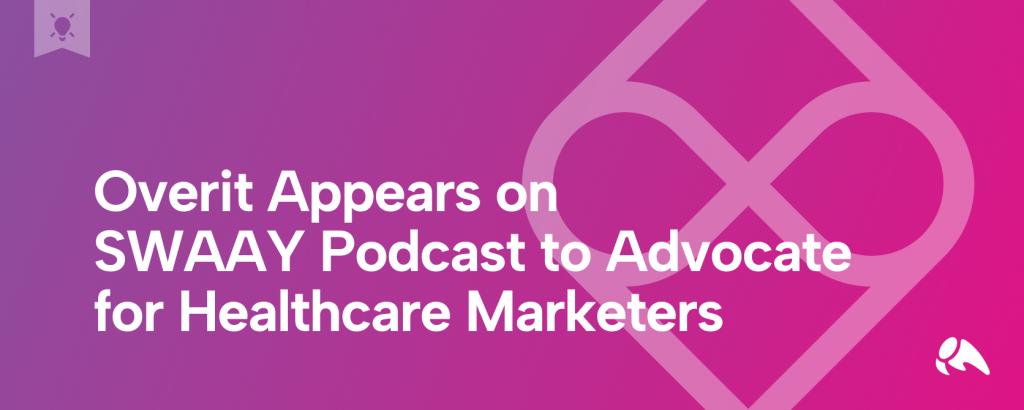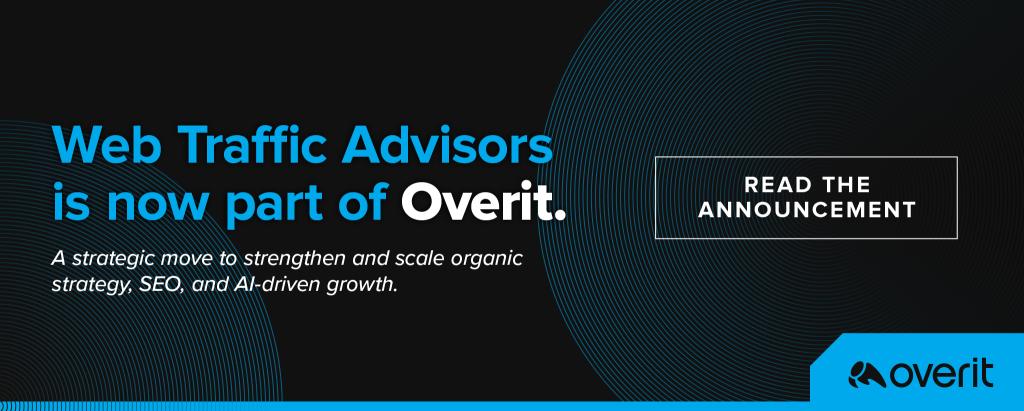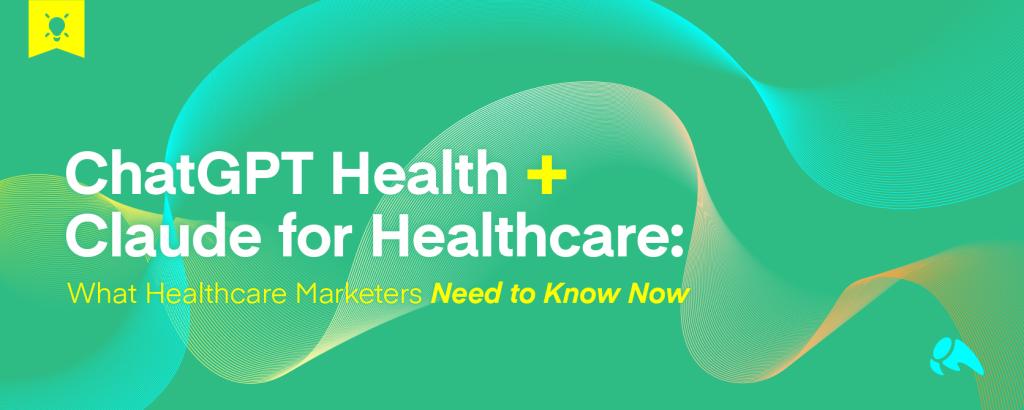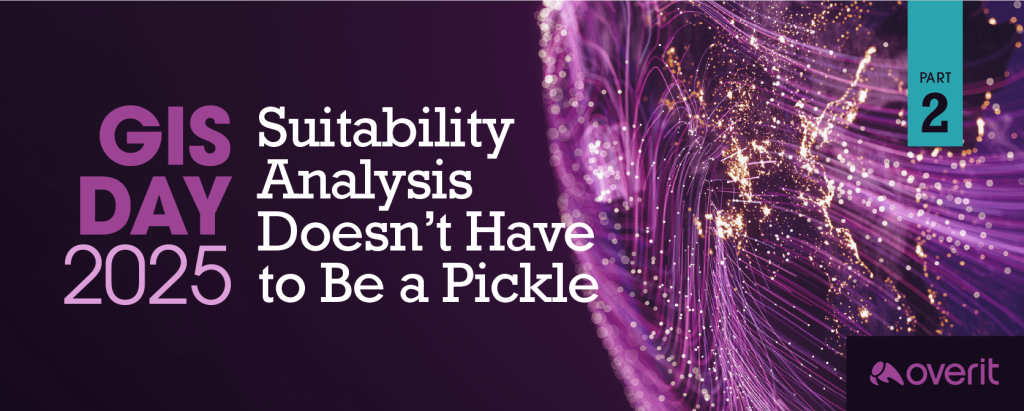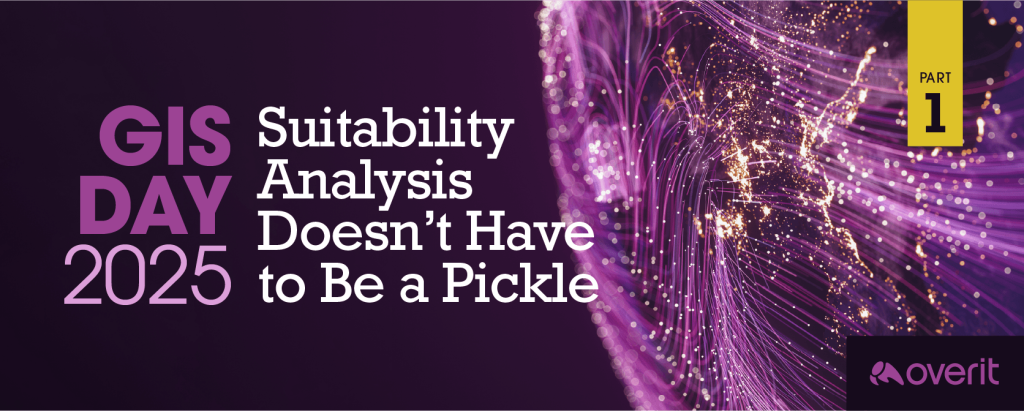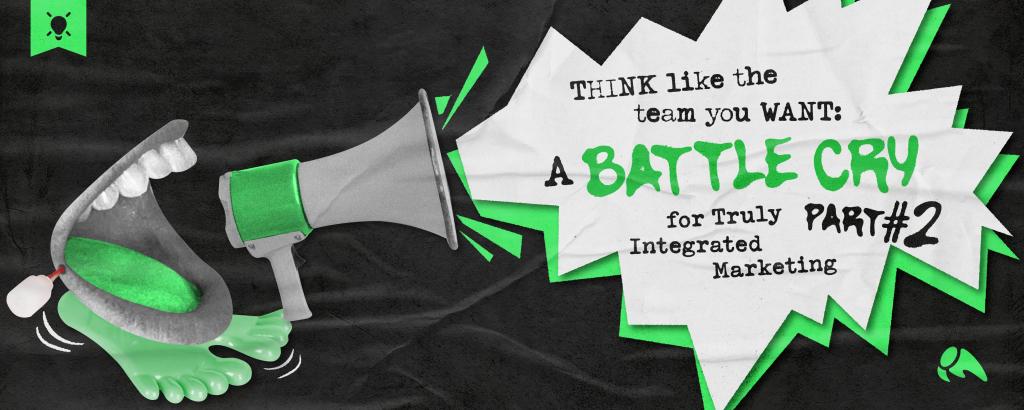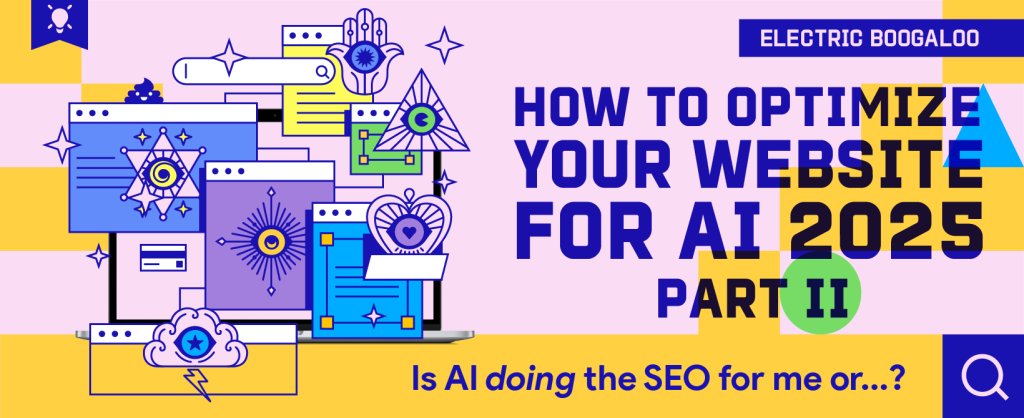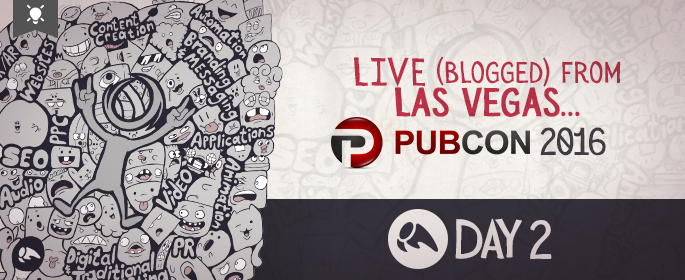
Good morning, everyone! We’re back for our second day of Pubcon Las Vegas 2016 coverage. Today, we’ll be mixing it up again – covering sessions on a variety of topics here and on Twitter.
We’re kicking off the blog coverage today with Robert Scoble‘s keynote address. The room is packed for this talk, everyone armed with coffee (and Tylenol?) after last night’s networking shenanigans.
Robert says we’re about to enter into the fourth transformation of our computer experiences. We’re switching to a new era of user interfaces. Screens have changed. Old school mobile became touch. Now, VR, AR and AI are changing everything today. And these are going to impact every experience within the next three years.
So, what’s coming?
The Tango Sensor (Project Tango) lets you do augmented reality on the mobile phone. These sensors are really interesting, seeing the world in 3D.
You can play virtual games on top of real things. It’s mind-blowing technology. But it’s more than just gaming.
But he doesn’t think the mobile phone is where this technology is really going to be focused in the future, even if Apple has 600 engineers working on their own mobile solution, as well. But that is where we’re at, right now – and we’ll see it baked into our phones by the time our latest 2-year contracts are up.
These sensors can see fabric in your shirt and condensation forming on your glass, as well as detecting your heart beating from 4-5 feet away by seeing your skin moving. We’ll be able to walk around a mall, airport, or sporting arena, with devices allowing us to map the world out and virtually navigate it.
These are the systems that are relied on by robots, self-driving cars, and more.
He says Samsung Gear VR is going to be obsolete within a few hours – don’t buy anything that doesn’t have six degrees of freedom.
He believes that by the end of next year, anyone who has in iPhone will be able to play six degrees of freedom VR. This technology is coming to mobile users, quickly.
VR devices that look dorky and expensive today are going to be built into phones by next year. You’ll be able to throw things, punch things, explore things – all while walking around with your mobile device.
Virtual items are going to be locked to physical things, illustrated by an image of an animated figure locked on a real flat surface that’s being moved around.
Microsoft’s corporate strategy is focused on cloud and HoloLens. Similar large companies are making major bets on this technology.
He believes every brand, in a few years, will have a physical component and a virtual component. We’re moving toward a “mixed reality” world where the actual and the virtual live side by side.
Mixed reality = six technologies: Optics. LTE5. Eye tracking. Room tracking. Augmented audio. Categorization (tech is going to know “these things” in view are humans, floors, tables, etc.). Google Magic Leap Technology to learn more about one type of development happening in this space.
Robert introduces us to George Takei’s experience becoming a hologram.
Oh myyy holograms! Create videos starring ME with #Actiongram on @HoloLens. Learn more: https://t.co/YCV3inqakT #ad pic.twitter.com/1ZwyrseEDf
— George Takei (@GeorgeTakei) September 12, 2016
We’re already seeing examples of brands using this technology to market. Sephora allows you to virtually apply different shades of makeup to your face. Newly-announced Snapchat Spectacles are going to do a lot of computer vision stuff – this will be exciting to watch develop.
Studies have shown VR can be better than morphine for patients. VR has helped rugby players and other athletes train and overcome weaknesses in their play. The NFL is excited they’re going to be able to sell the best view in a stadium to thousands of people sitting in their living rooms. You’ll be able to virtually play football against other people.
Musicians and artists are doing performance art virtually – 3D art that couldn’t exist in the physical world.
What does this mean for us marketers? You can change everything for your company if you dive into this world. Real estate is already figuring out how you’re going to be able to walk around properties for sale virtually – a new era for open houses. Robert says we’ll do this with our iPhones by next Christmas.
Robert admits advancements in technology are going to cause a job crisis – think what happens when we really have self-driving cars, for instance. But there are tremendous benefits, especially when it comes to education and training. Boeing’s using it for virtual training, as are many other companies. The possibilities for education and training are really exciting, here.
Below is a must-see video from Facebook’s F8 conference. “The world is about to get really weird, folks.”
He brings up another example, shown below:
That was a jam-packed incredible talk to get you really excited about all the changes that are in development right now. He leaves us with a reminder that this is quickly going to change what we (humans and brands!) do and how we think. If you weren’t paying attention to these developments now, it’s time to get on board.
